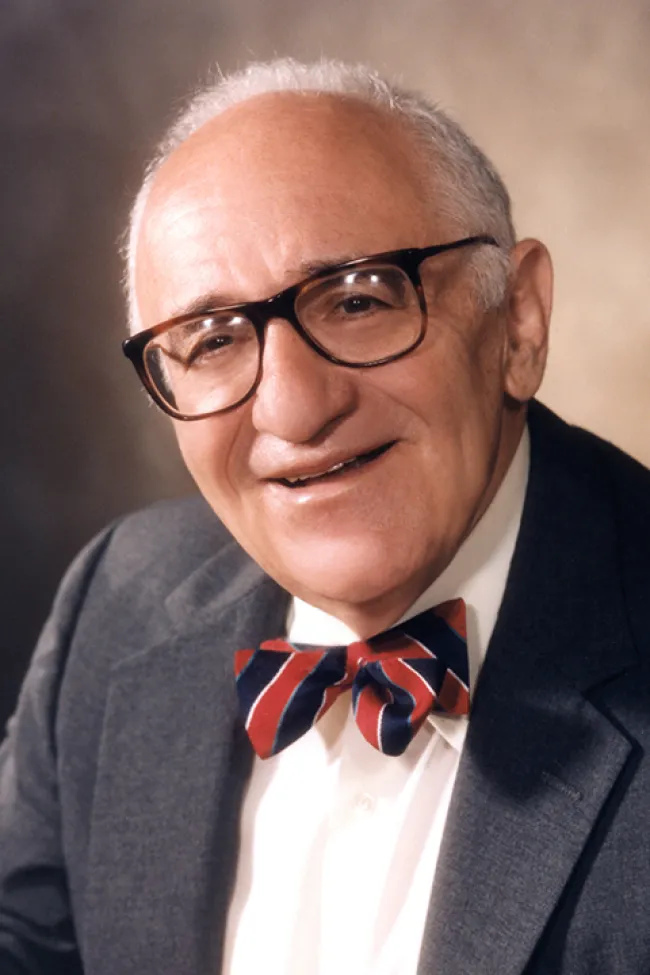- Downloads:
- Making Economic Sense.pdf
- Making Economic Sense.epub
- Making Economic Sense_Chinese.epub
- Por una economiá con sentido.pdf
Do you ever watch the business news and think: what would Murray Rothbard say about this? He remained a news junky all his life, even while working on his grand scholarly treatises. He was no academic snob; he believed, like Mises, that economics was the business of everyone.
It is in this book that you find his running commentary on all the economic issues that vexed the world between 1982 and 1995. They are the same issues in the headlines today!
The goal of this collection is to communicate with the public about economic theory and policy, in the form of articles that appeared in the Mises Institute’s monthly.
It includes “Taking Money Back,” a 25-page populist case for the gold standard, his famous “Protectionism and the Destruction of Prosperity,” along with a new essay on fixed-exchange rates, and an obituary of Ludwig von Mises. It also has a new introduction by Robert Murphy.
Rothbard’s prose is witty and strong, and his logic is compelling at every step.
“Divided up topically, the book touches upon almost every important policy issue that has been before the public during the last decade... Reading through these over 100 articles reminded me just how deep my intellectual debt to him really was, and how richer the cause of freedom has been because of his writings over the decades.” —Richard Ebeling, Foundation for Economic Education.

No content found

Murray N. Rothbard made major contributions to economics, history, political philosophy, and legal theory. He combined Austrian economics with a fervent commitment to individual liberty.
The Bill of Rights transformed the Constitution from one of supreme and total national power to a partially mixed polity where the liberal anti-nationalists at least had a fighting chance.
The Bill of Rights transformed the Constitution from one of supreme and total national power to a partially mixed polity where the liberal anti-nationalists at least had a fighting chance.
Murray Rothbard recounts how during the French and Indian War (1754–63), Americans continued the great tradition of trading with the enemy.
Auburn, AL: Ludwig von Mises Institute, 2007

